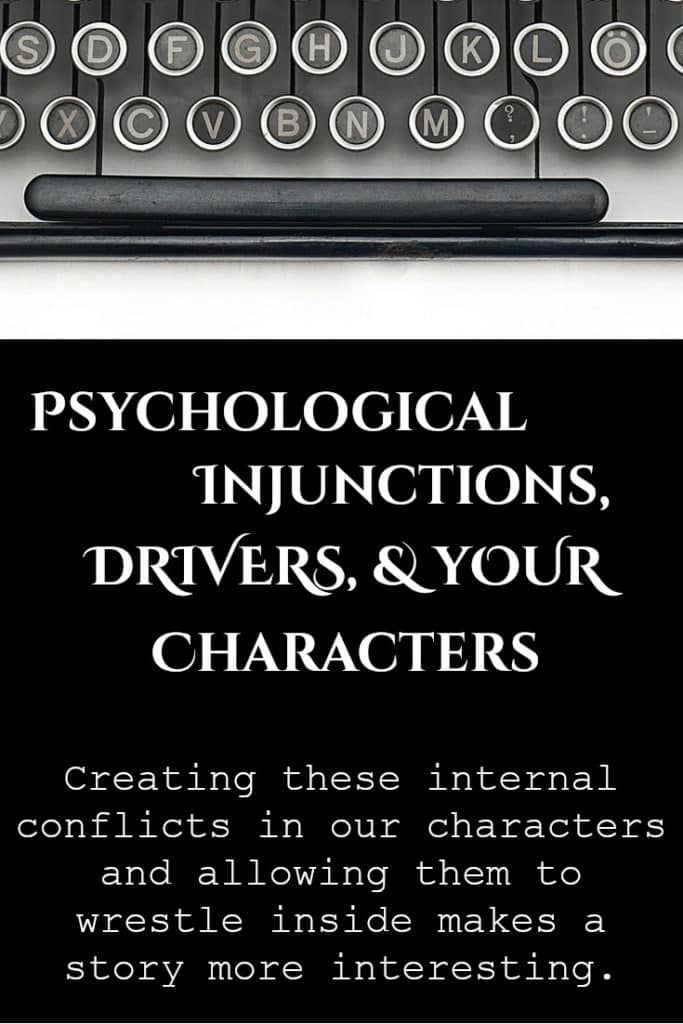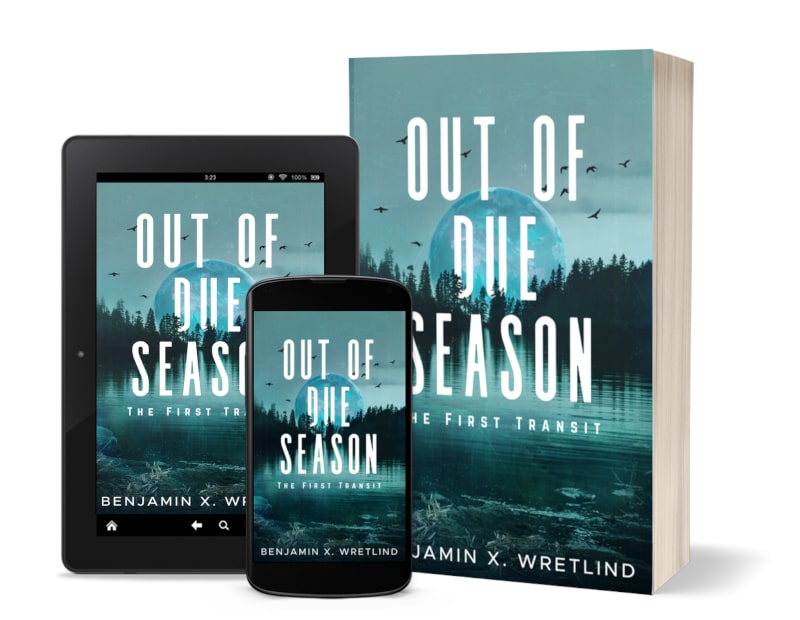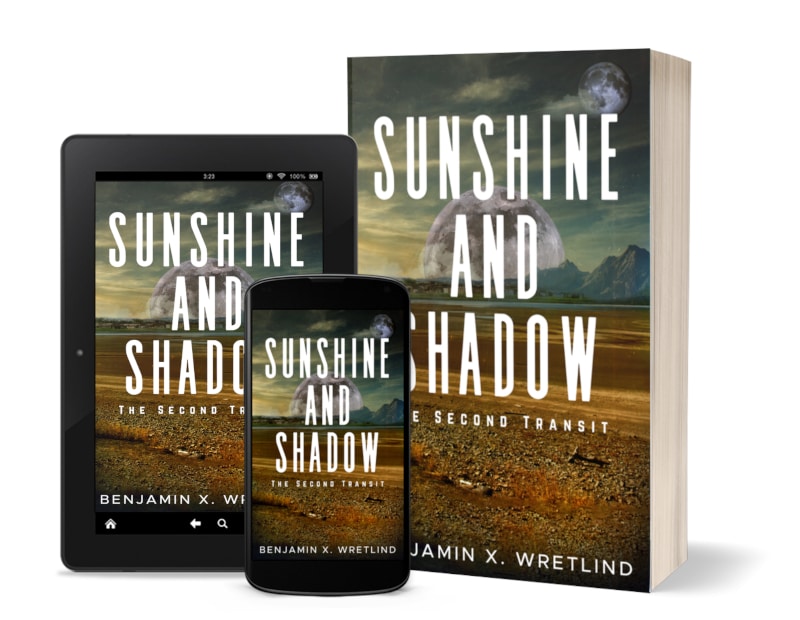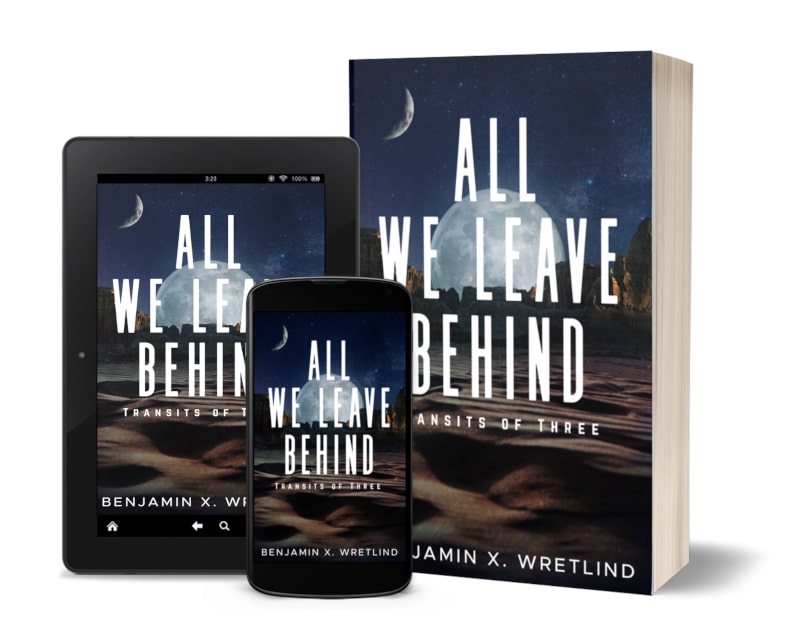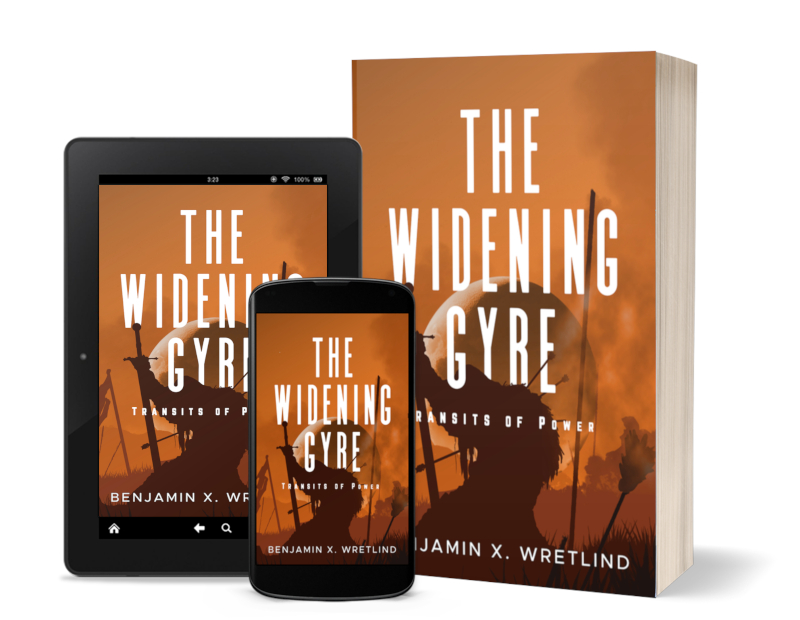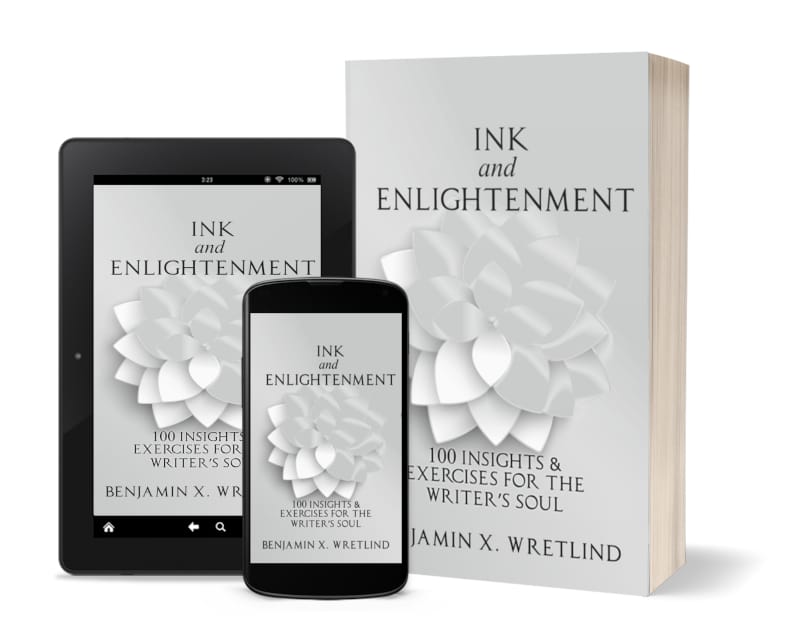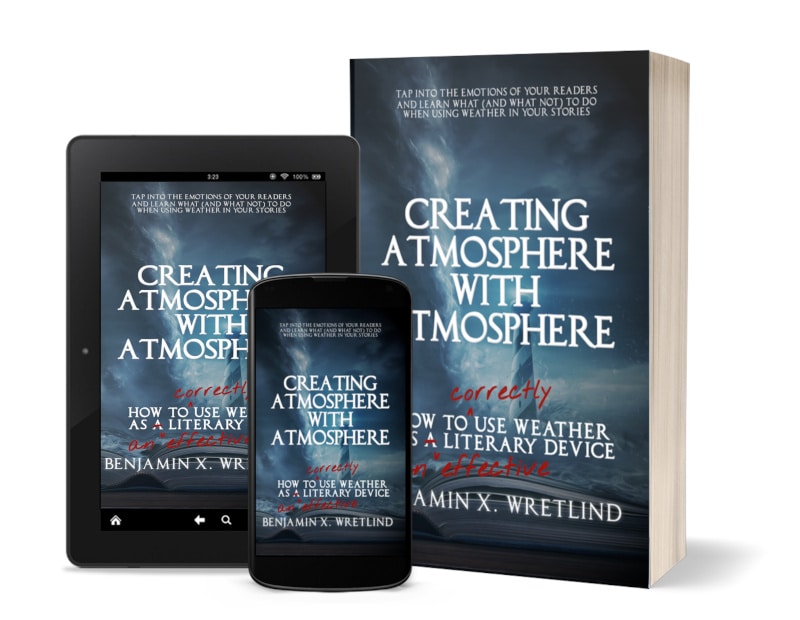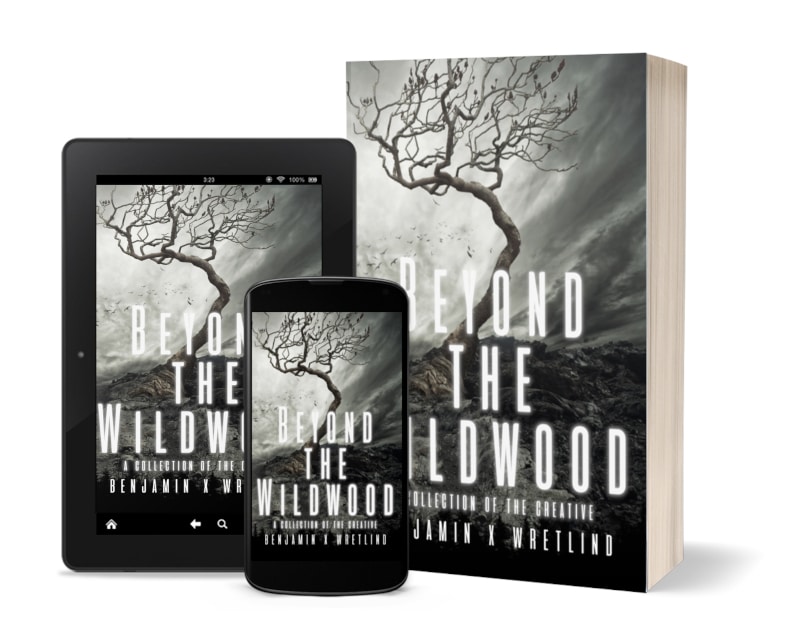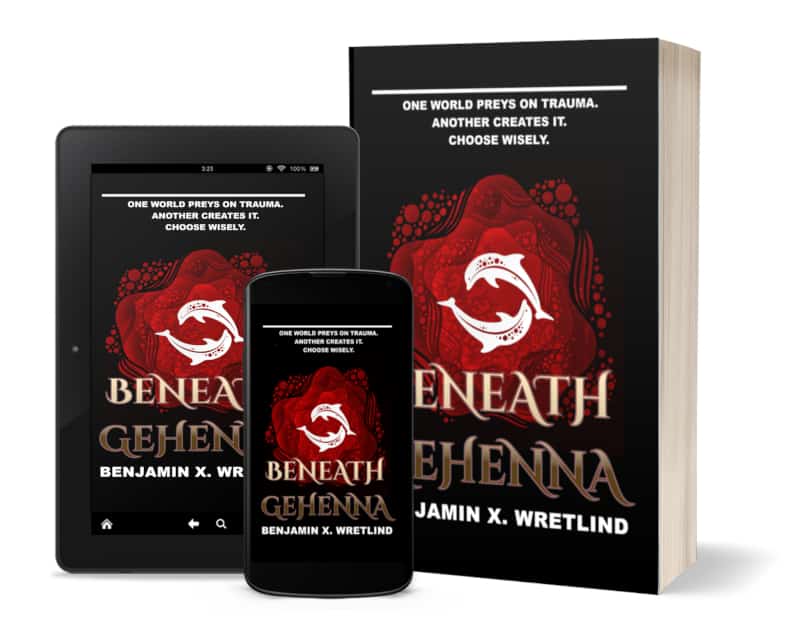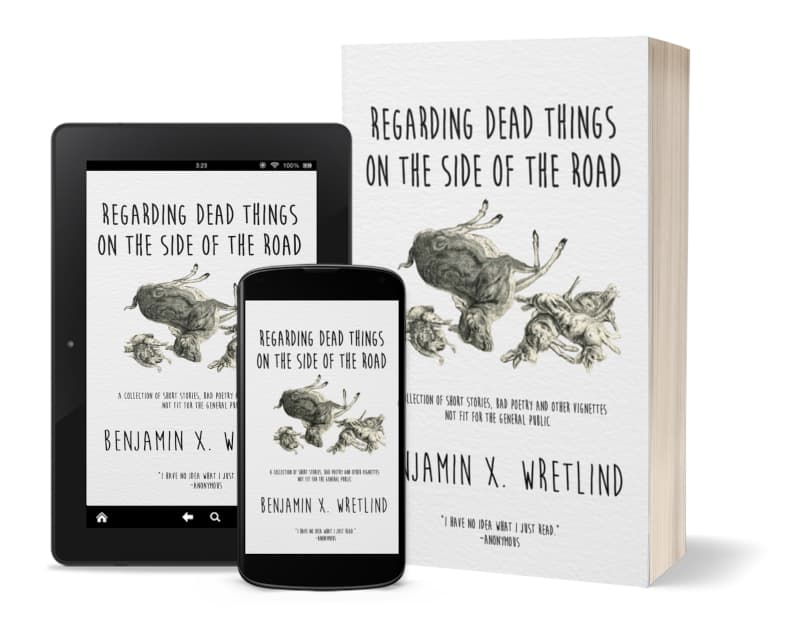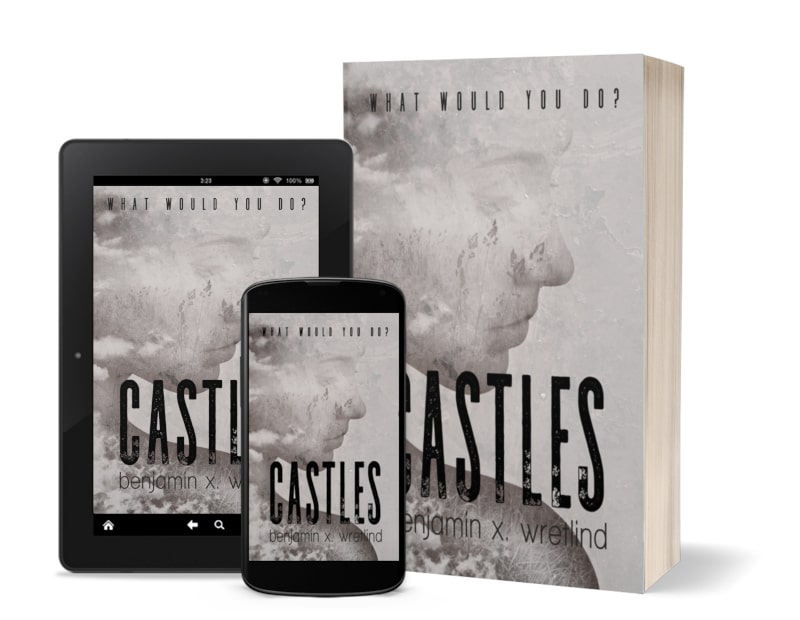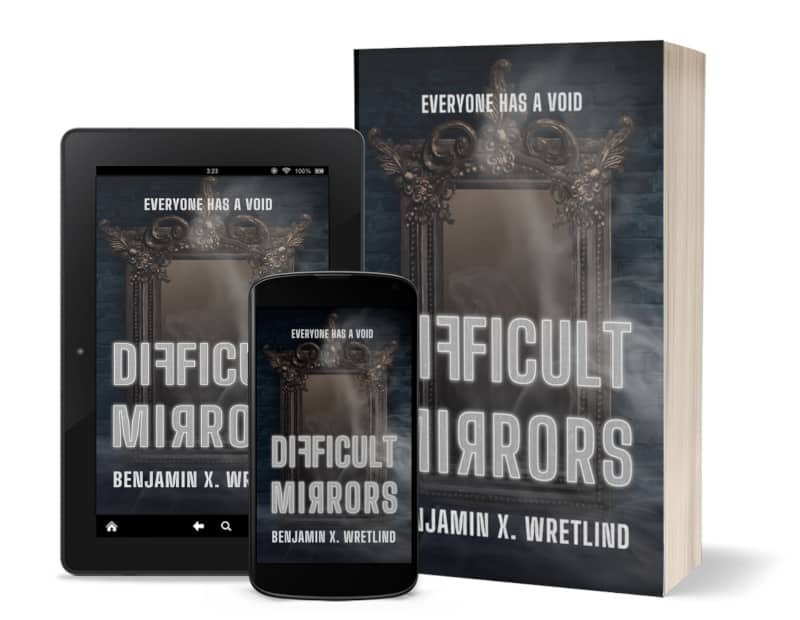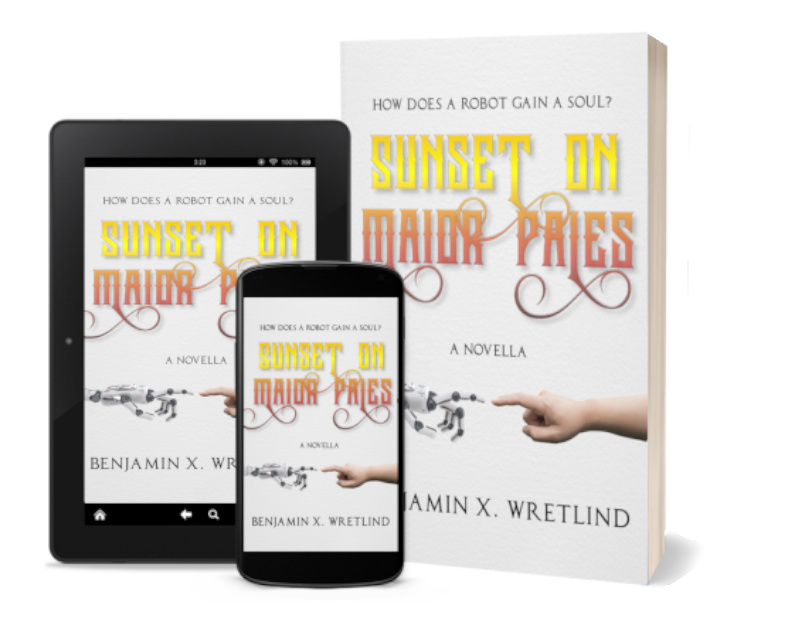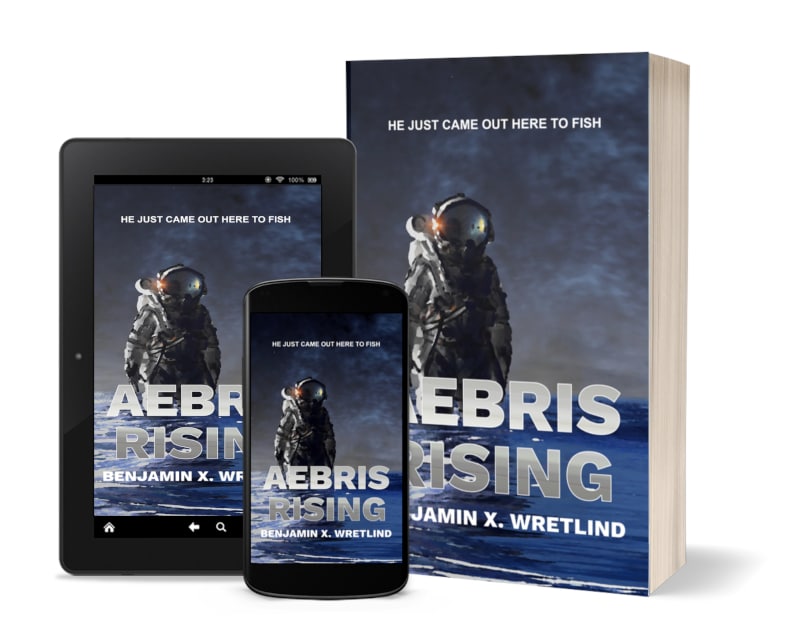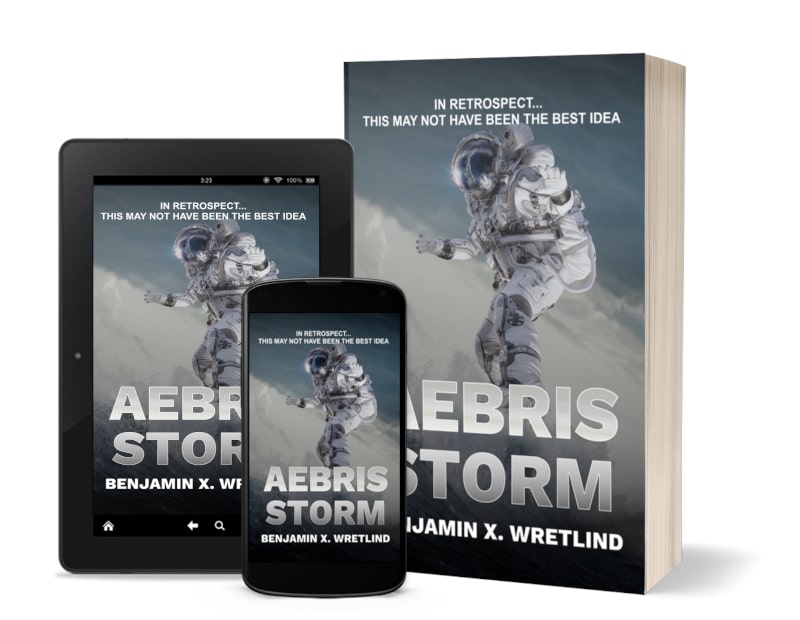Psychological Injunctions, Drivers & Your Characters
In legal terms, injunctions are authoritative warnings or orders, typically given in the court system. Drivers are quite the opposite. They are the things you should do. So how can we relate these to your characters?
Let’s take a look at both.
Injunctions
In Transactional Analysis, injunctions are things we learn from our parents or those who raised us. They are usually preceded by the word “DON’T” that applies to some state of our being.
Injunctions are the messages your characters received as a child that tell them they’re not okay or they’re not allowed to do or be certain things. Typically, these messages aren’t said outright, but picked up through behavioral cues. Injunctions are a great source of insecurity for a character.
Examples:
- Don’t feel. It’s not alright to show your feelings.
- Don’t belong. Putting down roots is a bad idea; you’re a loner and you don’t belong anywhere
- Don’t be you. Who you are isn’t good enough; you should be _______ (pick one: more academic; straight; like your brother)
- Don’t think. If I want your opinion, I’ll ask for it; “smartypants”
- Don’t exist. My life was great before I had kids
- Don’t be close. Attachment is wrong. People will hurt you (or you will hurt them)
- Don’t grow up. It’s a pity children have to turn into teenagers, innit?
- Don’t be important. Stop trying to get attention
- Don’t be well. If feel good when I’m taking care of you
- Don’t make it. Nothing in this family does anything worthwhile; don’t get too big for your britches
- Don’t be a child. You need to be the adult and look after me
There are quite a few of them as you can see. Each one of these we may have heard at times growing up.
And guess what? So did your character.
Let’s go to that first injunction up there: Don’t feel. If our protagonist’s parents were to forbid outward displays of emotion—or through their own behavior show that feelings are not okay—how do you think a person will react as an adult when someone asks them “how are you feeling?”
Hint: They may not answer, or they may cover their true emotion (e.g., sadness, grief) with something more aggressive (e.g., anger). You might also hear them say “I’m fine” when they clearly aren’t.
Drivers
Conversely, there are drivers. These can be preceded by the word “DO.” These messages, unlike injunctions, are typically positive and given intentionally. They tell us things will be okay if we follow the message and don’t screw it up.
But, if those messages are taken in as absolutes, your characters may have problems.
- Do Try Hard
- Do Hurry Up
- Do Please Others
- Do Be Perfect
- Do Be Strong
These may sound appealing, and our caregivers probably had our best intentions in mind when they said them to us, but are they really helpful in the present? Can they not limit who we are?
Applying Injunctions & Drivers to Your Character
Internal conflict is important to a story. The tug of war inside a character is what may eventually lead them to grow from the inciting incident to the denouement.
Think about a character you’ve created. Now, give them one driver (e.g., be perfect) and one injunction (e.g., don’t be important). What are they probably going through?
Their thoughts may end up “I shouldn’t try to be the center of attention, but it’s okay if I’m perfect”). Or maybe, “I’ll only belong to this group to please others.” And my favorite: “I shouldn’t have feelings and I do, so I have to hide them and appear to be strong so I can be accepted into this group.”
Creating these internal conflicts in our characters and allowing them to wrestle inside makes a story more interesting.
It’s the struggle with these injunctions and drivers that can make for an engaging read.


